Talks of the PBA’s expansion from its current format of 12 teams have been circulating for a number of years already. From new franchises joining the fray to interested parties buying current PBA teams, there remains a demand to join Asia’s first professional basketball league. Of course, pulling the trigger is an entirely different matter altogether.
Any changes in ownership or an expansion for that matter is an intricate, borderline bureaucratic process, with significant financial considerations and some technicalities with regard to team names due to the products already featured by the current set of PBA teams.
There have certainly been avenues for prospective owners to test the waters. Leagues like the Maharlika Pilipinas Basketball League (MPBL) allow them a taste of ownership, while the PBA D-League and to some extent, the PBA 3X3 offer some experience and help these interested parties put a foot in the door.
The Converge FiberXers were the latest PBA team to go through ownership changes, with Dennis Uy’s Converge ICT acquiring the former Alaska Aces PBA franchise of Fred Uytengsu’s Alaska Milk Corporation. Thus far, the FiberXers have been one of the pleasant surprises in its first season and they are looking at least at a top-five finish in the 2022-2023 Honda PBA Commissioner’s Cup as of this writing. Beating the San Miguel Beermen would certainly put them in a position for a better finish, but how that pans out is another matter altogether. Nevertheless, two playoff appearances in as many conferences would be a good place to start.
Moreover, we’ve been able to see how Converge head coach Aldin Ayo has been able to mold the roster to fit his system, with many of his former players during his time with the DLSU Green Archers and the Letran Knights. Letting the coaches coach and the players play has worked well for the FiberXers and it presents a suitable blueprint that future new owners could follow.
Then again, there’s the case of the Blackwater Bossing and the Terrafirma Dyip, franchises that are synonymous with losing and high roster turnover. The Bossing have never made it past the quarterfinals, while the Dyip have had more first overall selections than playoff appearances. Making matters worse for Terrafirma is the fact that all but one of these selections are not with the team anymore.

Success at the team level in the PBA is a story for another time, but the biggest and perhaps most obvious winners of a league expansion would be the players. More spots will naturally open for players riding on the bench for quite some time or on the fringes of cracking a roster. The greater exposure could give rise to stars and raise the level of competition, eventually trickling down to the other stakeholders affected (e.g., Gilas??).
Will it solve all the problems looming around the PBA? No. Player salaries and the brain drain currently hounding the league may not be addressed when there are more slots, but it’s certainly a larger step than whining to the public while dining with other professional leagues. An expanded league could call for simultaneous playing dates that could invite opportunities to play games outside of Luzon more often, an idea already tried and tested by the MPBL. Having teams calling Visayas and Mindanao home could boost a league looking to strengthen its fanbase and make it more attune to the likes of pretty much every professional league in the world, which takes on a geographical approach rather than a commercial one.
Of course, all of this also depends on the people running the show. An owner with an innovative approach will certainly attract success, while a complacent one will not completely reap the benefits of success that comes with a winning team. In short, success is not a guarantee since even owners will have to earn their stripes and perhaps even swim against the current.
Will we see new PBA teams in the near future? It depends on how far conversations go now and in the coming months. But even after parties sign on the dotted line, what matters more is what these owners make of their teams.










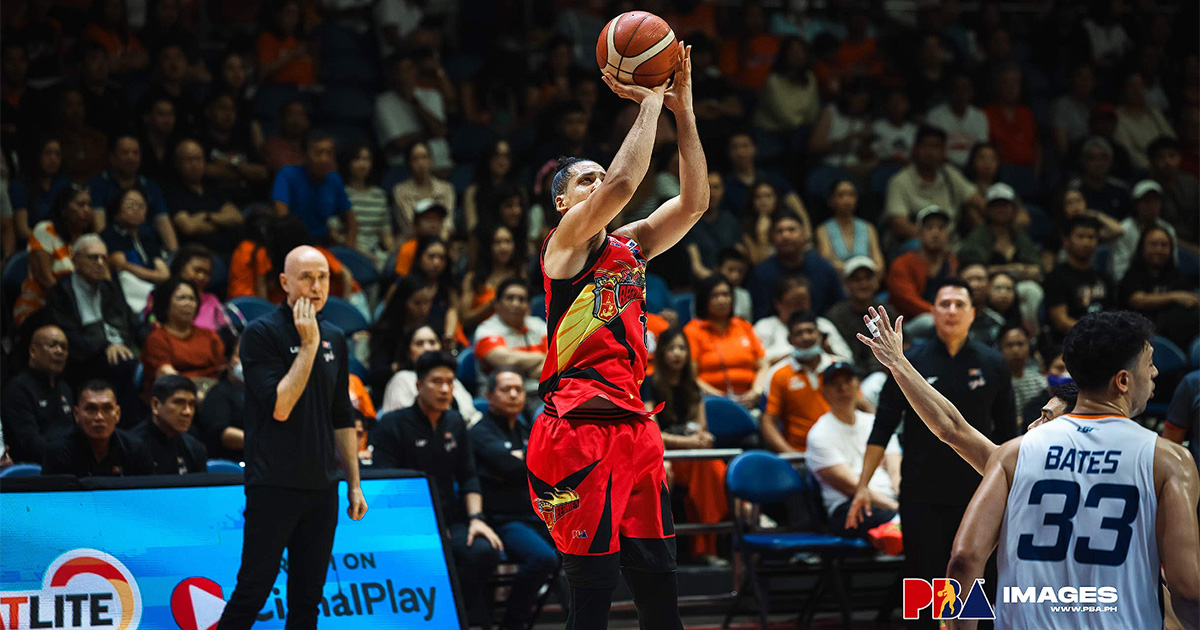
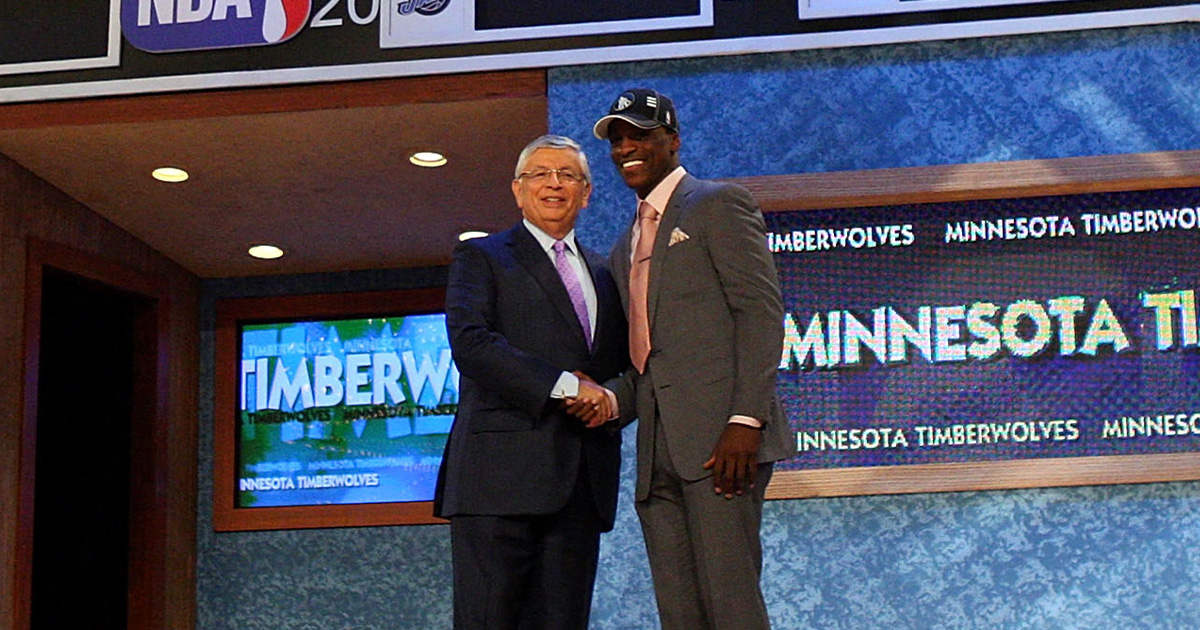
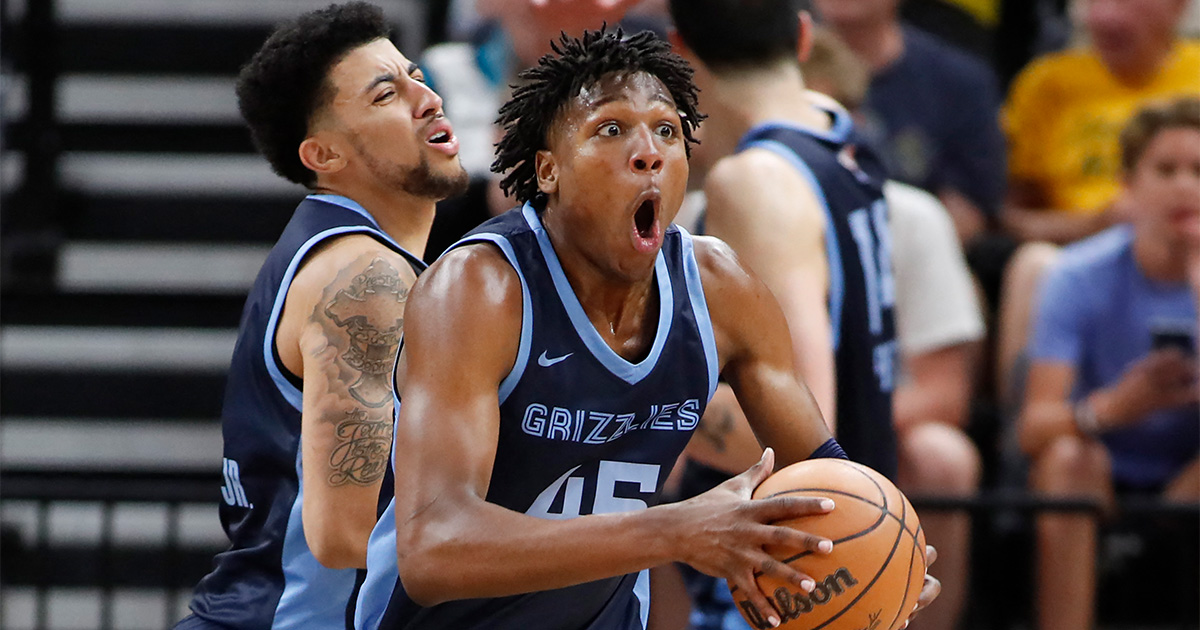
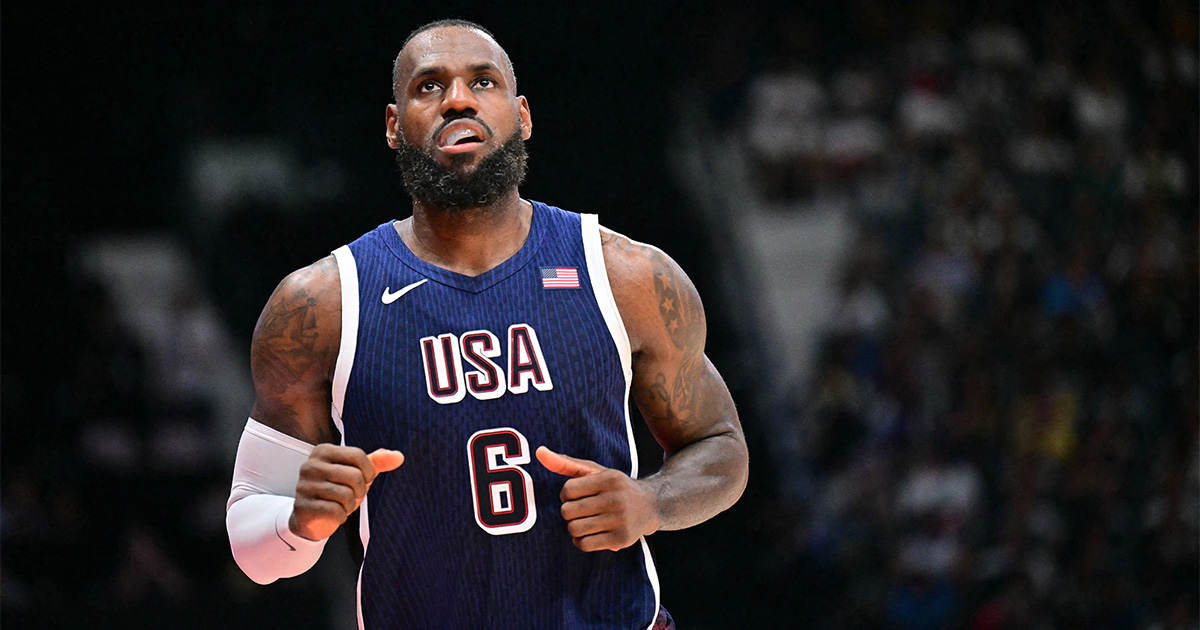
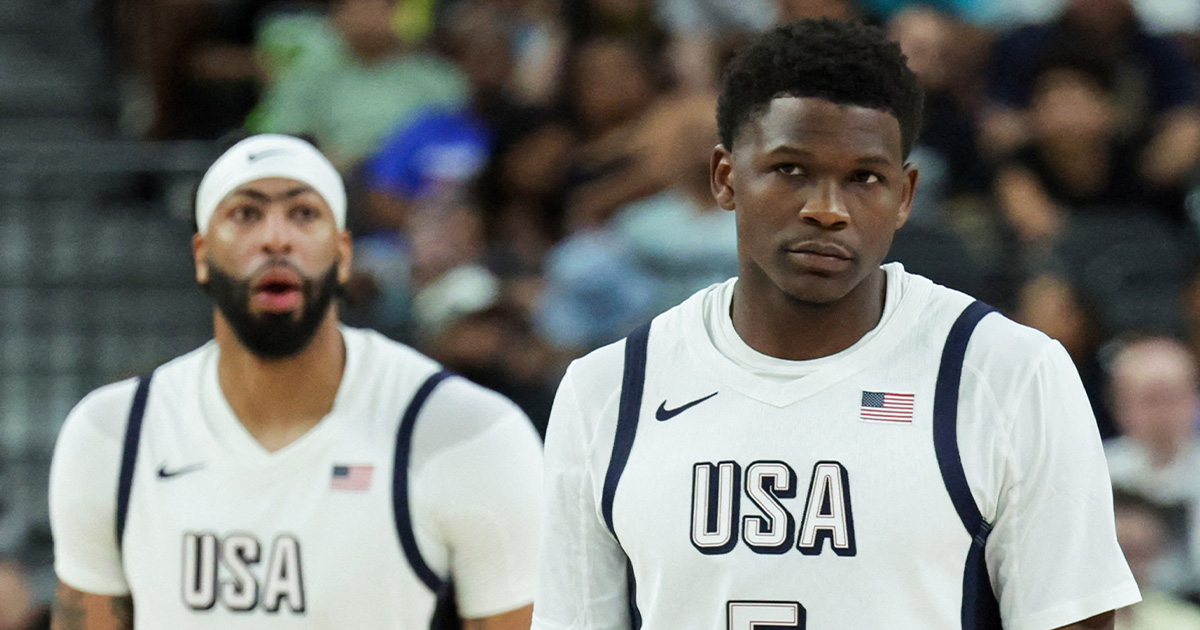
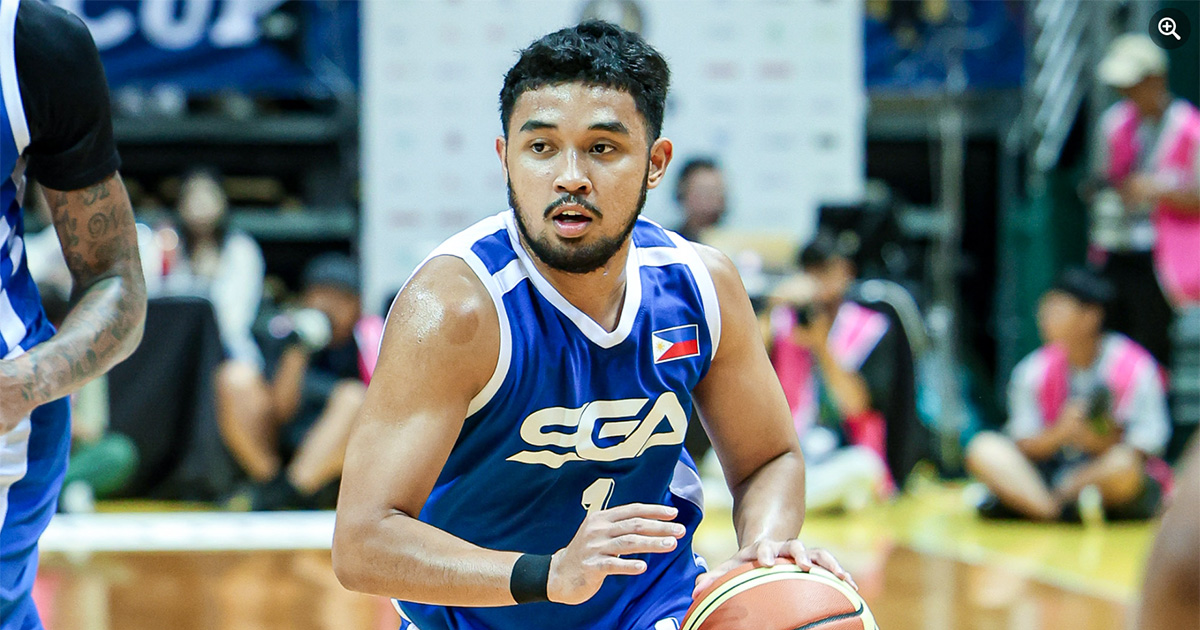
Akun Binance Gratis